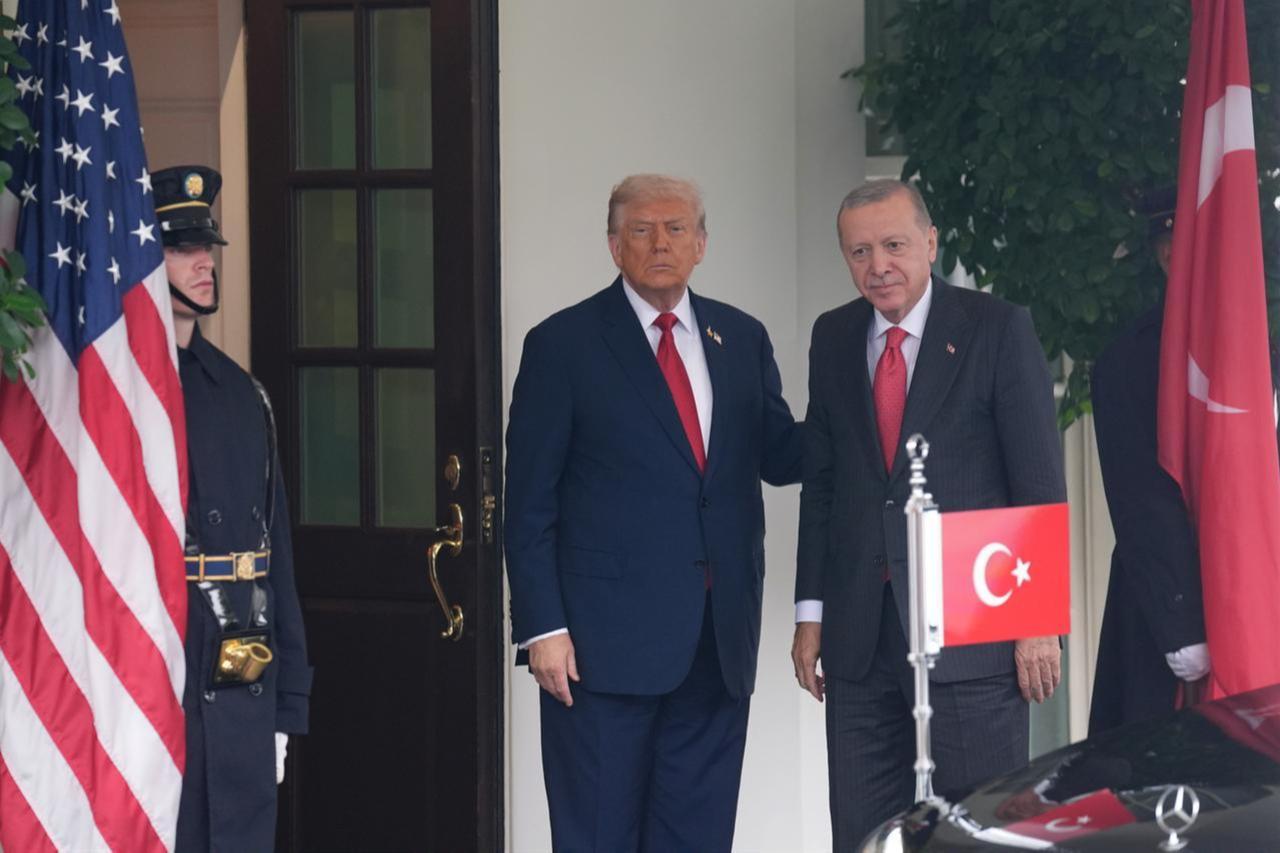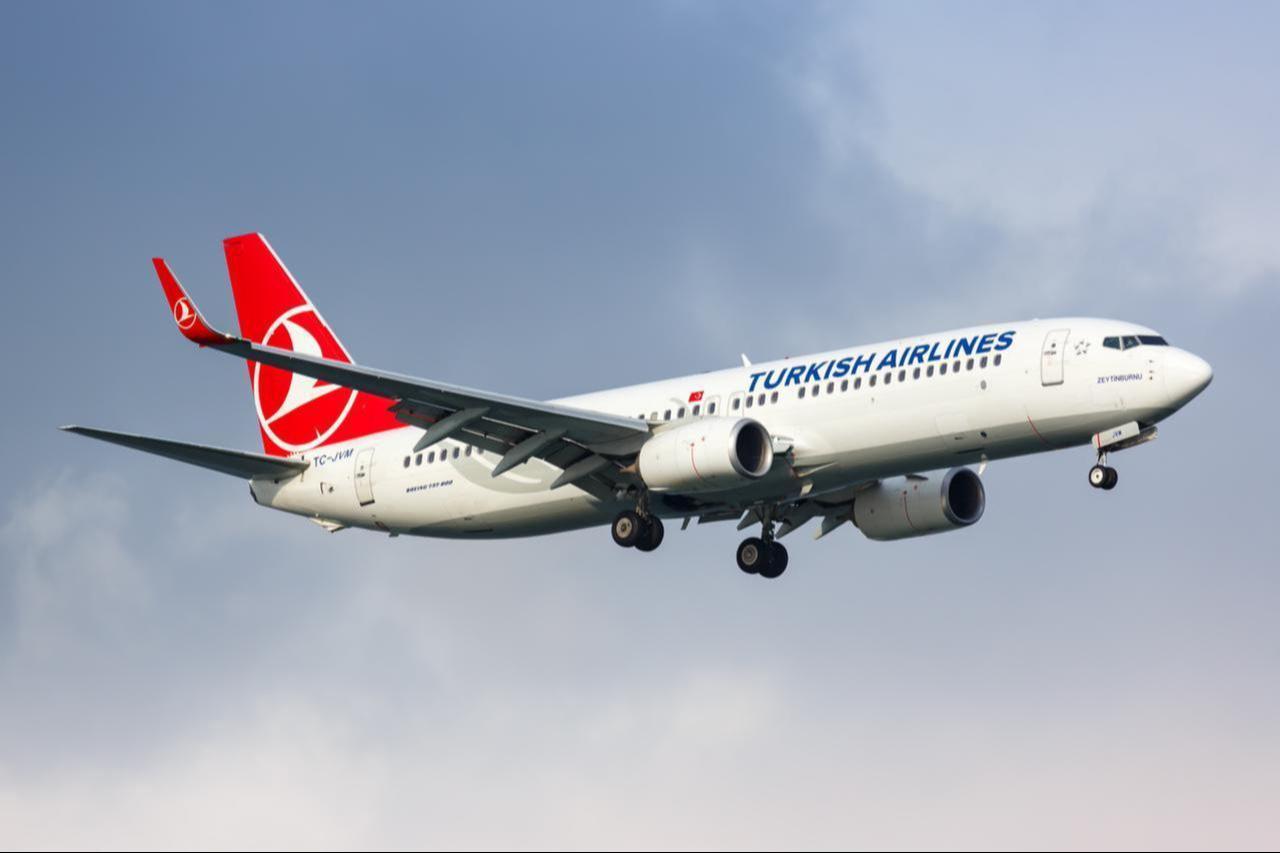
This article was originally written for Türkiye Today’s weekly economy newsletter, Turkish Economy in Brief, in its September 29 issue. Please make sure you are subscribed to the newsletter by clicking here.
President Recep Tayyip Erdogan’s visit to the United States last week emerged as the top agenda item in Türkiye. For the first time in six years, Erdogan met U.S. President Donald Trump at the White House.
The visit was focused on the lifting of U.S. Countering America's Adversaries Through Sanctions Act(CAATSA) sanctions on Türkiye, rejoining the F-35 program and the purchase and modernization of F-16 fighter jets. Both sides called for progress on these issues.
The summit, which both sides broadly described as “positive,” appears likely to accelerate not only political but also economic rapprochement between Türkiye and the U.S.
The reiteration of the “$100 billion target” for bilateral trade volume—which is expected to reach $40 billion by the end of 2025—could create a positive narrative for Türkiye’s exporters and companies.
In an analysis by Garanti BBVA Investment, it was noted: “It would not be surprising to see developments between the two countries reflected in companies with strong potential to establish a foothold in the U.S. market.”
The report also suggested that renewed momentum in defense sector cooperation could act as a strong catalyst, particularly for Aselsan.
The analysis further highlighted Turkish Airlines’ strong positioning in the U.S. market, saying the new era between the two countries could support the company’s growth outlook.
The report also pointed out that cooperation in the iron–steel, cement, and construction sectors could benefit companies such as Borusan Boru, Kocaer Celik, Cimsa, and Enka Insaat.
In automotive parts, Ege Endustri was identified as well-placed, while Astor Enerji and YEO Teknoloji were seen as advantageous in energy projects and grid modernization.
At the same time, it is emphasized that for lasting outcomes, “the topics emerging from the meeting must translate into concrete steps.”

How this new era between Washington and Ankara will reflect on Turkish lira assets, particularly in Borsa Istanbul, is also seen as an area of interest.
According to an analysis by Tacirler Investment, “The Washington summit looks positive for lira assets in the medium-to-long term, depending on how developments unfold. The end of CAATSA sanctions, a return to the F-35 program, modernization of F-16s, and positive news flow regarding cooperation in energy, aviation, and defense will support lira assets going forward.”
The analysis suggested a 12-month target of 15,000 for the Borsa Istanbul index, implying an upside potential of around 35%.
The Turkish business community’s reactions also appear positive.
Orhan Aydin, President of the Anatolian Lions Businessmen’s Association, said that with normalization signals in relations with the U.S., they foresee a strong restoration of foreign investor confidence in Türkiye, increased foreign capital inflows and appreciation of the Turkish lira.
He added that in the aftermath of the summit, growth in foreign trade, technology transfers, shifts in the energy sector, image and investment perception would come to the forefront. He also noted:
“The softening of relations with the U.S. could lower Türkiye’s risk premium (CDS), reducing external borrowing costs. This could bring relief to budget balances and interest rate policies. Ultimately, pursuing a balanced policy in this new process will be to our country’s benefit.”